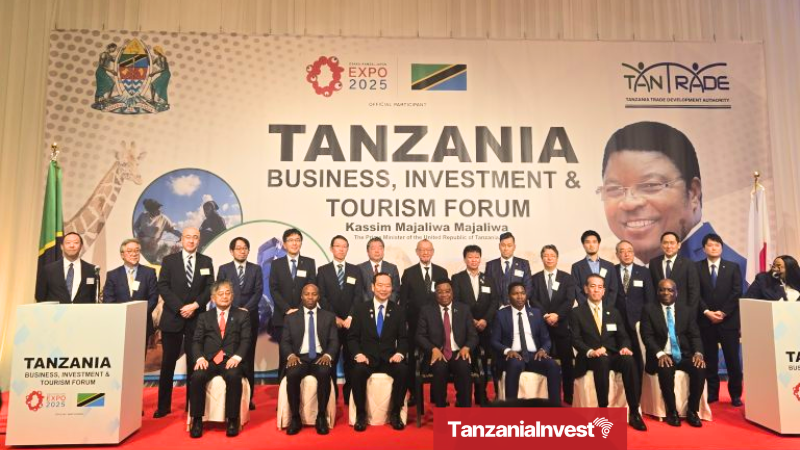A kidney transplant center worth over TZS 28 billion will be built at the Benjamin Mkapa Zonal Referral Hospital in Dodoma.
The announcement was made on May 26, 2025, during the Tanzania–Japan Business, Investment, and Tourism Forum held at the Westin Hotel in Osaka, Japan.
Prime Minister Kassim Majaliwa attended the event, which took place as part of Tanzania’s participation in the World Expo Osaka 2025.
The center will be fully funded through an unconditional grant from Japan’s Tokushukai Medical Corporation.
The project will be developed in partnership with Benjamin Mkapa Hospital and the University of Dodoma (UDOM).
It will become the largest kidney transplant facility in Sub-Saharan Africa and will also serve as a training hub for specialist doctors across the continent.
According to Prof. Abel Makubi, Executive Director of Benjamin Mkapa Hospital, Tokushukai doctors were the first to support the introduction of dialysis services at the hospital.
“The MoU we have signed today is aimed at establishing a center of excellence for kidney transplants in Tanzania and across the Sahara region,” Prof. Makubi said.
He confirmed that construction is expected to start this year and the facility is scheduled to become operational within three years.
“We are grateful to the Government of Japan through our partners, and we also thank President Dr. Samia Suluhu Hassan for creating an enabling environment that made this partnership possible. These agreements will help improve kidney care services not only for Tanzanians but for other Africans as well,” he added.
The center will also carry out research and offer training in kidney transplantation. Training will be conducted jointly by Benjamin Mkapa Hospital and UDOM.
Prof. Lugano Kusiluka, Vice Chancellor of UDOM, said the agreement will enhance transplant services through collaboration between the university and hospital specialists.
He added that UDOM is preparing to launch a medical engineering program to reduce equipment maintenance costs by training local experts.
“These agreements will not only enable training in equipment manufacturing but also in maintenance to prevent breakdowns,” Prof. Kusiluka said.
He also noted that the new center will train medical professionals from across Africa and may later expand into other types of organ transplants.
This was one of six MoUs signed during the forum between Tanzanian entities—including the Revolutionary Government of Zanzibar—and Japanese organizations.










